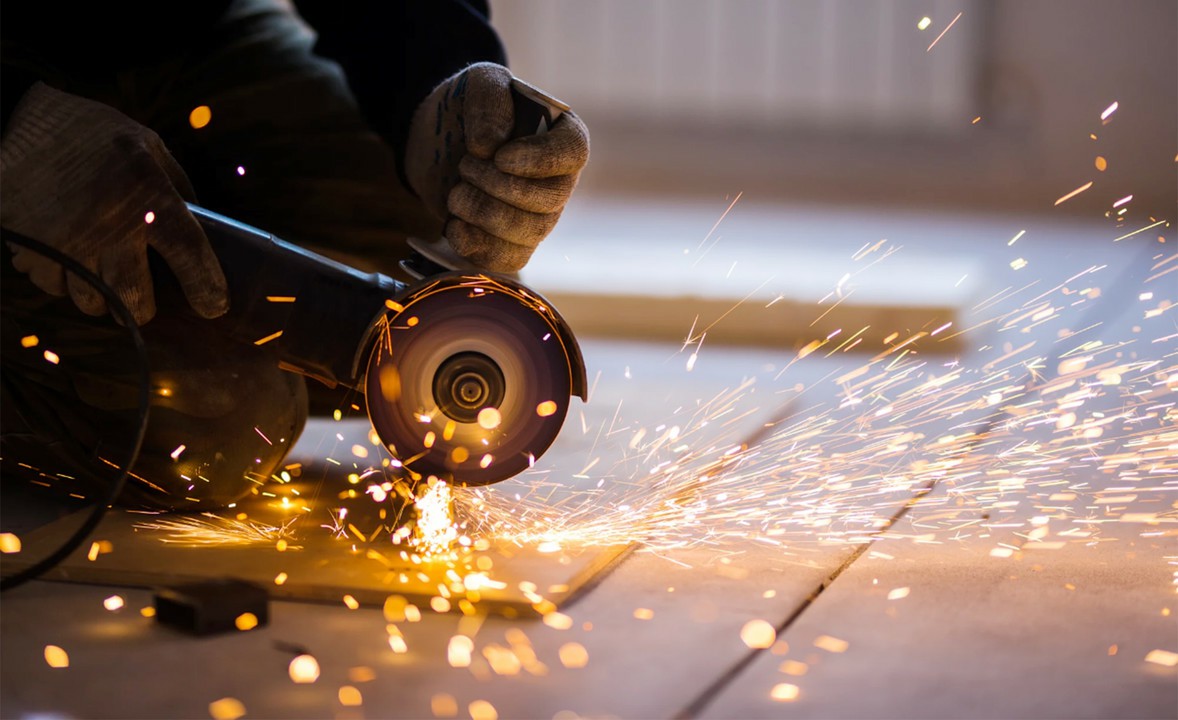


 349,500 Offered Certificates
349,500 Offered Certificates
 24/7 Online Training
24/7 Online Training
 Money Back Guarantee
Money Back Guarantee
 Fully Accredited Courses
Fully Accredited Courses

Created at: 22-02-2025 21:40
Abrasive wheels play a crucial role in various industries, from construction to manufacturing. Understanding what these tools are, the associated risks, and the importance of training can significantly improve workplace safety.
Abrasive wheels are essentially grinding tools that consist of a circular disc made from various materials designed for cutting, grinding, or polishing. These wheels are commonly used on machines like bench grinders, angle grinders, and hand-held power tools. Their typical applications include:
While abrasive wheels are highly effective, their use can pose significant risks when not handled properly. Common hazards include:
Given the risks associated with abrasive wheels, proper training is essential. Training provides operators with the knowledge to:
Under Irish workplace safety regulations, employers are required to ensure that their workers are adequately trained and equipped to use abrasive wheels safely. This includes:
To minimize risks associated with abrasive wheels, follow these best practices:
To protect yourself and your coworkers, consider enrolling in a certified abrasive wheels training course. These courses are offered in various locations throughout Ireland, including:
Working safely with abrasive wheels is not just about knowing how to use them—it involves understanding the risks and adhering to safety protocols. Proper training and certification are vital components in ensuring the safety of all workers. Don’t wait for an accident to happen; take proactive steps today.
For more information on certified abrasive wheels training, visit our training page or contact us at [email protected].